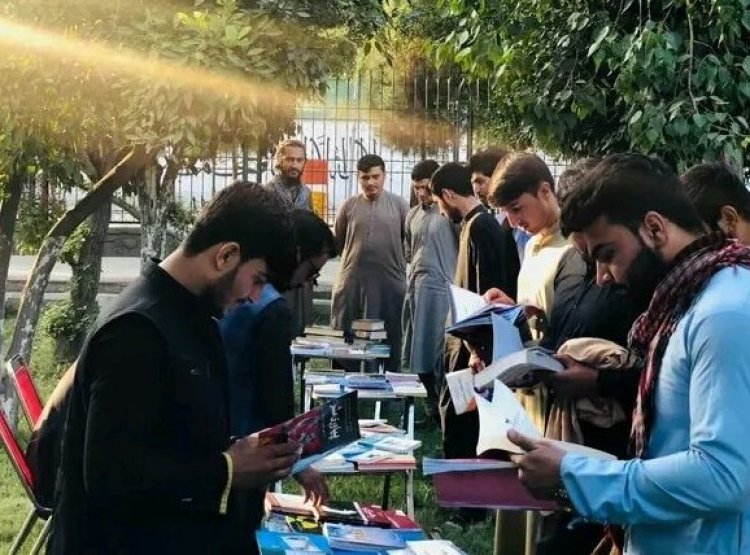A Mobile Library Defies the Ban on Girls’ Education

In the eastern province of Nangarhar, a young man has transformed his personal rickshaw into a mobile library, aiming to foster a culture of reading among Afghanistan’s youth—especially girls who have been denied access to education.
Rahmanullah Atal, the volunteer behind the initiative, has been funding the project entirely out of his own limited resources. Each day, he drives through parks and public spaces, offering books to passersby and encouraging them to engage with literature.
“My goal is to inspire young people to read,” Atal said. “Since girls are no longer allowed to attend schools and universities, I want to provide them with access to books and learning opportunities.”
Atal emphasizes that promoting education is not just a personal mission but a social responsibility. He has publicly called on the Taliban to reopen schools and universities for girls, insisting that education is a fundamental right for all.
“Through education, both girls and boys can build a better future, gain skills, and contribute to their country’s development,” he added.
So far, Atal has organized over 20 public book exhibitions across provinces such as Nangarhar and Kabul. These events provide free access to books in parks, schools, universities, and other communal areas.
“I visit public parks and hand out books to young people, so they can spend even a few hours reading,” he said. “This is my way of supporting intellectual growth and resilience.”
Despite facing financial hardships and limited transportation, Atal remains determined to expand his mobile library initiative across the country.
His efforts have been especially welcomed by girls who, now confined to their homes due to the education ban, see the mobile library as a rare and valuable source of hope.
Maryam, a 10th-grade student, shared her appreciation:
“This mobile library is really important. I’ve read several books from it, and I believe it’s helping promote a culture of reading.”
Although the Taliban have imposed heavy restrictions on education and bookstores, grassroots efforts like Atal’s continue to emerge in defiance, keeping the flame of learning alive in Afghanistan’s most difficult days.
